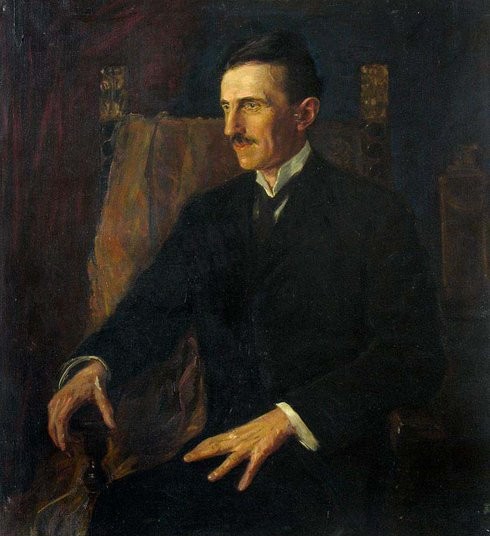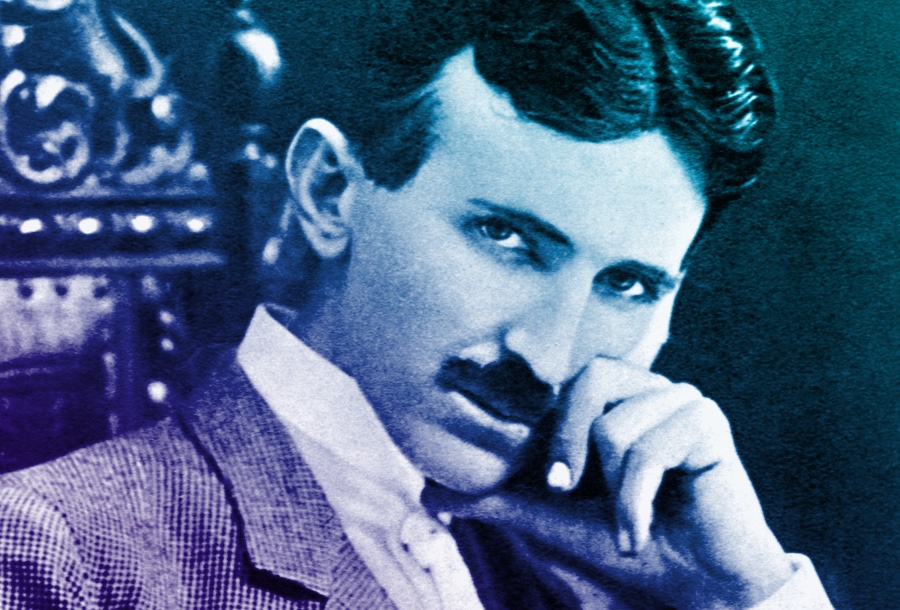A quick look at one of the 20th century’s greatest minds
Subscribe to All About History now for amazing savings!

Brief Bio: Nikola Tesla, Austrian Empire, 1856-1943
Nikola Tesla was one of the foremost scientists of the early 1900s. Born in the Austrian Empire, he moved to the US to begin experimenting with electricity. He developed machines that alternated electric current and patented the Tesla column that created spectacular displays of electricity. He died aged 86 in New York.
1. He displayed eccentric behaviour
Tesla’s strange behaviour was well known in his adopted hometown of New York. He could not stand the sight of pearls, and he would refuse to speak to anyone wearing them. He often displayed obsessive-compulsive behaviour, such as demanding exactly 18 napkins in groups of three on the table when he dined.
2. He invented the alternating current
The advances Tesla made in the practical implementation of electricity earned him a cover in Time magazine with the caption ‘All the world’s his power house.’ His research allowed electricity to be conducted through alternating current (AC) where current flows in pulses and is still used to this day.
3. He designed a death ray
Tesla claimed that he had plans to invent a beam that directed high-energy particles down a narrow strait and was capable of, ‘bringing down a fleet of ten thousand enemy airplanes at a distance of two hundred miles’. Still, the ‘death ray’, as it was popularly known, was not earmarked for future development by the US military.
4. He had many talents
The inventor had a photographic memory and was known to memorise from heart complete books and images. He was also fluent in five languages and had a vivid imagination – he said that ideas for inventions appeared to him in visions ‘fully formed’ and he typically did not draw his inventions out by hand but worked solely on memory.
5. He fell out with Edison
Thomas Edison secured Telsa’s services to help him fix some of the problems with his direct current generators in return for a fee, but afterwards claimed that he had only been joking. Tesla’s AC invention pushed Edison’s into the shade and by 1912 their animosity was so great that Tesla allegedly refused to share the Nobel prize with his rival, so neither of them ended up winning the prize.
Originally published in All About History 7
Subscribe to All About History now for amazing savings!

